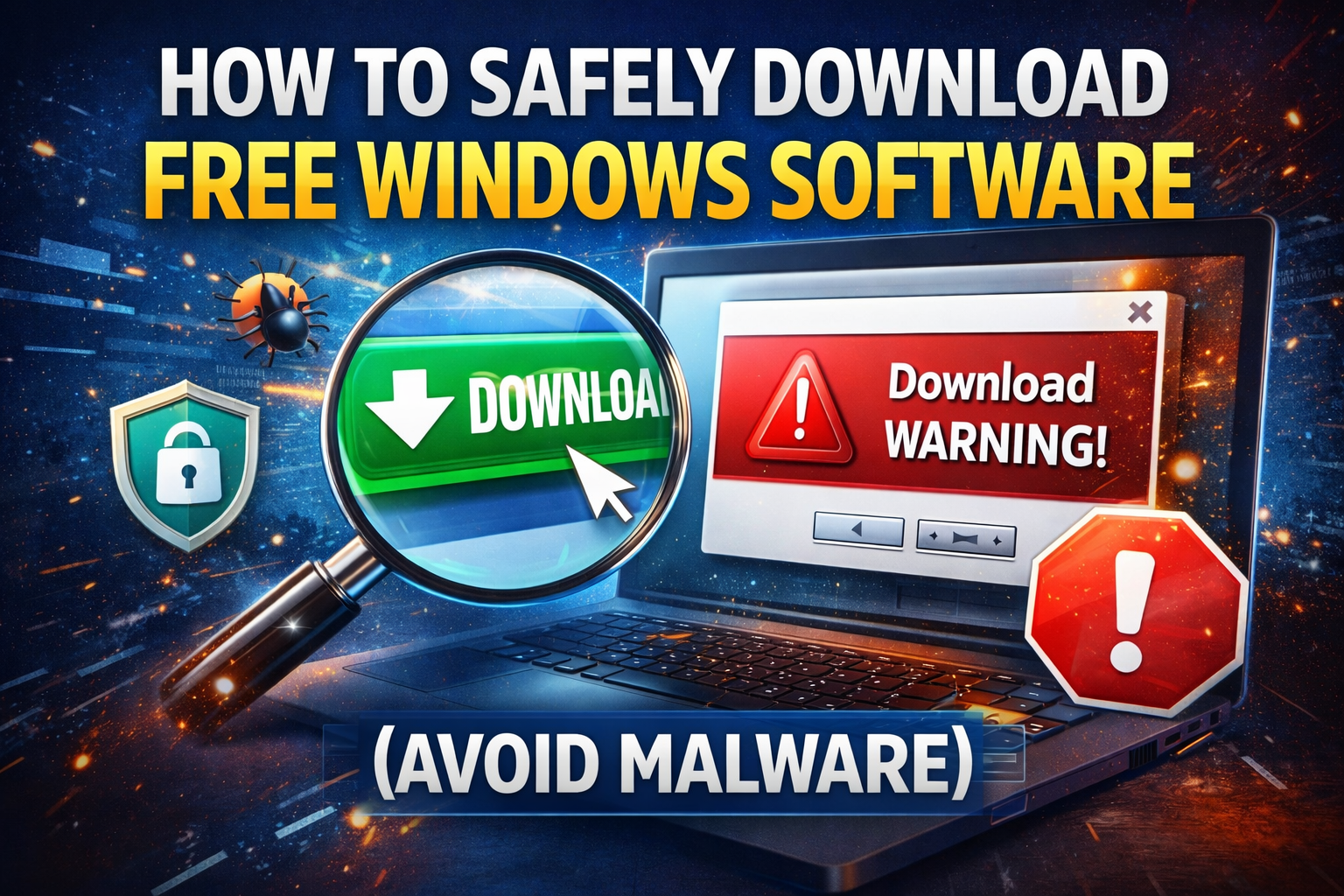

Additional Information
MAME originally stood for Multiple Arcade Machine Emulator for PC
| Version | MAME 0.286 (32-bit) |
| Requirements |
Windows XP/Vista/Windows 7/Windows 8/Windows 10 |
| Updated | March 01, 2026 |
| Author | The MAME Team |
| Category | Desktop Enhancements |
| License | Freeware |
| Language | English |
| Download | 1919 |
Overview
MAME (Multiple Arcade Machine Emulator) is a software program designed to emulate the inner workings of arcade machines and other gaming platforms. Its primary goal is to preserve and provide access to classic arcade games and other software that may otherwise be lost to time due to aging hardware or discontinued support.
Overview
MAME's primary objective is to serve as a comprehensive resource for understanding the internal mechanisms of emulated machines. Its purpose extends to both educational and preservation efforts, ensuring that historical software remains accessible even when the original hardware becomes obsolete. While the preservation of software and the ability to use it are important aspects, they are considered secondary to MAME's core focus.
It is essential to emphasize that MAME 32bit does not intend to violate any copyrights or patents associated with the original games. The source code used in MAME is either developed by the project itself or obtained from freely available sources. The emulator relies on the user to provide images of the original ROMs, CDs, hard disks, or other media required to run the software. The executable of MAME does not incorporate any segments of the original game code.
MAME achieves this by accurately emulating the original hardware of various arcade machines, home computers, and gaming consoles. It aims to replicate not only the gameplay but also the intricate details of the hardware, including the central processing unit (CPU), graphics and sound chips, memory, input/output systems, and other components.
The project began in 1996 and has since grown into a massive collaborative effort involving a community of developers and contributors from around the world. MAME supports an extensive library of games, spanning different genres and eras. It covers not only popular arcade titles but also rare and obscure games, making it a valuable resource for gaming historians, enthusiasts, and researchers.
MAME's focus goes beyond merely playing games. It aims to document the hardware and software aspects of the emulated systems, providing an in-depth understanding of their operation and technical specifications. This educational aspect makes MAME a valuable tool for studying and learning about vintage computing and arcade gaming.
While MAME's primary purpose is preservation and education, it also offers a practical benefit by allowing users to play the emulated games on modern hardware. However, it is important to note that MAME does not provide or distribute any copyrighted game ROMs or software. Users are responsible for sourcing their own legal copies of the original game files to use with the emulator.
How to Use
Download MAME: Visit the official website or a trusted source like FileHorse to download the latest version of MAME for your operating system (Windows, macOS, Linux, etc.). Make sure to download the appropriate version (32-bit or 64-bit) for your system.
Obtain ROMs: It requires game ROMs, which are the original game files from the arcade machines or gaming platforms. These ROMs are typically not provided with the emulator due to copyright reasons. You can search for legal sources online where you can acquire ROMs for the games you want to play. Ensure that you only obtain ROMs for games you own or have the legal right to use.
Organize ROMs: Create a folder on your computer to store the ROMs. It's a good idea to keep your ROMs organized by creating subfolders for different gaming platforms or game genres.
Launch MAME: Once you have installed MAME, open the emulator. You will see a command-line interface (CLI) window or a graphical user interface (GUI), depending on the version you downloaded.
Configure MAME: If you're using the GUI version of MAME, you can configure various settings such as video resolution, audio, input controls, and more. Take some time to explore the settings and customize them according to your preferences.
Load ROMs: In MAME, you can load a ROM by either dragging and dropping the ROM file onto the window or using the command-line interface to navigate to the ROM file and load it manually. Once the ROM is loaded, It will emulate the original hardware and launch the game.
Play the game: After the game loads, you can use the keyboard or configure a gamepad controller to play. MAME supports various input options, including keyboard, mouse, gamepad, and even custom control panels if you have the necessary hardware.
Additional options: It offers additional options during gameplay, such as save states, which allow you to save your progress and resume later. You can access these options through the MAME menu or by using specific keyboard shortcuts.
System Requirements
Operating System: Windows 7, 8, 10 and 11
Processor: Dual-core 2 GHz or higher
RAM: 4 GB or more
Storage: 100 MB of free space (plus additional space for game ROMs)
Graphics Card: OpenGL 3.3 compatible or higher
PROS
Wide selection of arcade games available
Accurate emulation for an authentic experience
Customization options for controls and display settings
Save states and rewind functionality for convenience
Thriving online community for support and discussion
CONS
Legal complexities regarding the use of game ROMs
Initial setup and configuration may be intimidating for beginners
Lack of built-in online multiplayer options
Some game ROMs may require additional BIOS files for proper emulation
Conclusion
Overall, MAME serves as an invaluable resource for preserving gaming history, documenting arcade hardware, and providing an authentic experience of classic games for enthusiasts and researchers alike.
Overview
MAME's primary objective is to serve as a comprehensive resource for understanding the internal mechanisms of emulated machines. Its purpose extends to both educational and preservation efforts, ensuring that historical software remains accessible even when the original hardware becomes obsolete. While the preservation of software and the ability to use it are important aspects, they are considered secondary to MAME's core focus.
It is essential to emphasize that MAME 32bit does not intend to violate any copyrights or patents associated with the original games. The source code used in MAME is either developed by the project itself or obtained from freely available sources. The emulator relies on the user to provide images of the original ROMs, CDs, hard disks, or other media required to run the software. The executable of MAME does not incorporate any segments of the original game code.
MAME achieves this by accurately emulating the original hardware of various arcade machines, home computers, and gaming consoles. It aims to replicate not only the gameplay but also the intricate details of the hardware, including the central processing unit (CPU), graphics and sound chips, memory, input/output systems, and other components.
The project began in 1996 and has since grown into a massive collaborative effort involving a community of developers and contributors from around the world. MAME supports an extensive library of games, spanning different genres and eras. It covers not only popular arcade titles but also rare and obscure games, making it a valuable resource for gaming historians, enthusiasts, and researchers.
MAME's focus goes beyond merely playing games. It aims to document the hardware and software aspects of the emulated systems, providing an in-depth understanding of their operation and technical specifications. This educational aspect makes MAME a valuable tool for studying and learning about vintage computing and arcade gaming.
While MAME's primary purpose is preservation and education, it also offers a practical benefit by allowing users to play the emulated games on modern hardware. However, it is important to note that MAME does not provide or distribute any copyrighted game ROMs or software. Users are responsible for sourcing their own legal copies of the original game files to use with the emulator.
How to Use
Download MAME: Visit the official website or a trusted source like FileHorse to download the latest version of MAME for your operating system (Windows, macOS, Linux, etc.). Make sure to download the appropriate version (32-bit or 64-bit) for your system.
Obtain ROMs: It requires game ROMs, which are the original game files from the arcade machines or gaming platforms. These ROMs are typically not provided with the emulator due to copyright reasons. You can search for legal sources online where you can acquire ROMs for the games you want to play. Ensure that you only obtain ROMs for games you own or have the legal right to use.
Organize ROMs: Create a folder on your computer to store the ROMs. It's a good idea to keep your ROMs organized by creating subfolders for different gaming platforms or game genres.
Launch MAME: Once you have installed MAME, open the emulator. You will see a command-line interface (CLI) window or a graphical user interface (GUI), depending on the version you downloaded.
Configure MAME: If you're using the GUI version of MAME, you can configure various settings such as video resolution, audio, input controls, and more. Take some time to explore the settings and customize them according to your preferences.
Load ROMs: In MAME, you can load a ROM by either dragging and dropping the ROM file onto the window or using the command-line interface to navigate to the ROM file and load it manually. Once the ROM is loaded, It will emulate the original hardware and launch the game.
Play the game: After the game loads, you can use the keyboard or configure a gamepad controller to play. MAME supports various input options, including keyboard, mouse, gamepad, and even custom control panels if you have the necessary hardware.
Additional options: It offers additional options during gameplay, such as save states, which allow you to save your progress and resume later. You can access these options through the MAME menu or by using specific keyboard shortcuts.
System Requirements
Operating System: Windows 7, 8, 10 and 11
Processor: Dual-core 2 GHz or higher
RAM: 4 GB or more
Storage: 100 MB of free space (plus additional space for game ROMs)
Graphics Card: OpenGL 3.3 compatible or higher
PROS
Wide selection of arcade games available
Accurate emulation for an authentic experience
Customization options for controls and display settings
Save states and rewind functionality for convenience
Thriving online community for support and discussion
CONS
Legal complexities regarding the use of game ROMs
Initial setup and configuration may be intimidating for beginners
Lack of built-in online multiplayer options
Some game ROMs may require additional BIOS files for proper emulation
Conclusion
Overall, MAME serves as an invaluable resource for preserving gaming history, documenting arcade hardware, and providing an authentic experience of classic games for enthusiasts and researchers alike.
Previous versions More »
0.286
March 01, 2026
151 MB
0.285
January 31, 2026
151 MB
0.284
January 01, 2026
151 MB
0.283
November 30, 2025
151 MB
0.282
November 01, 2025
150 MB
0.281
September 27, 2025
150 MB










No comments yet. Be the first to comment!